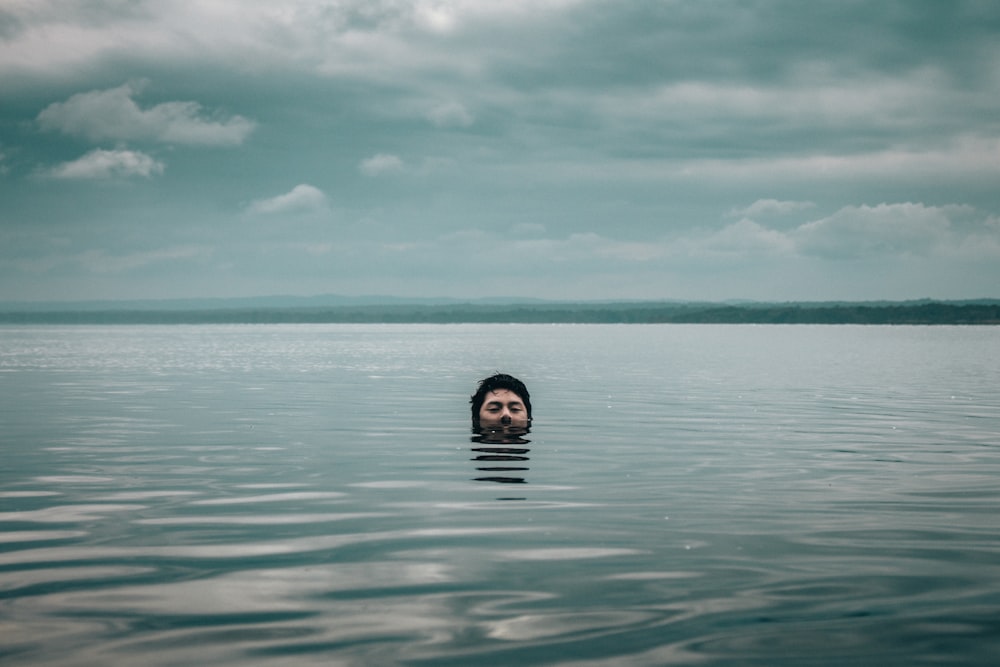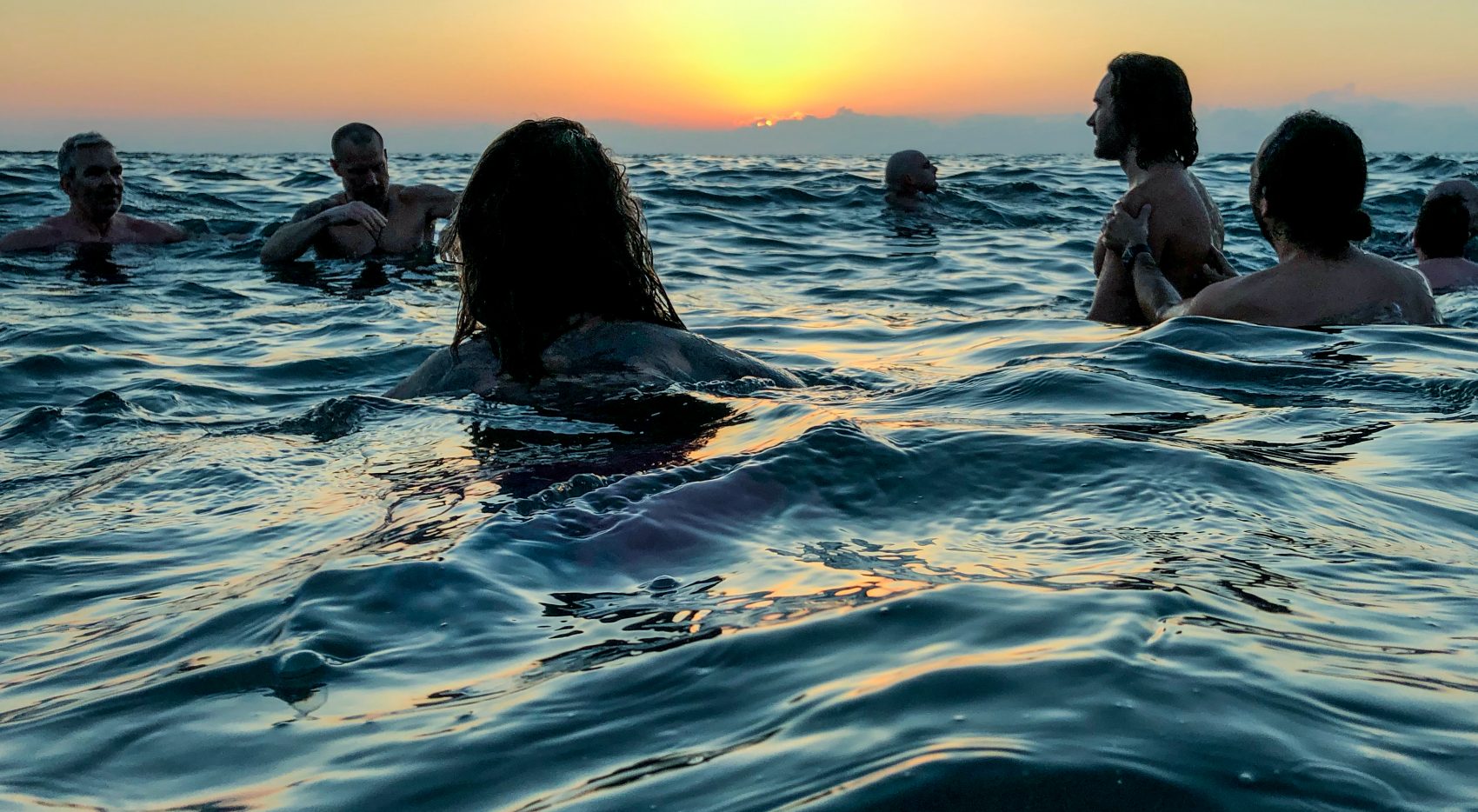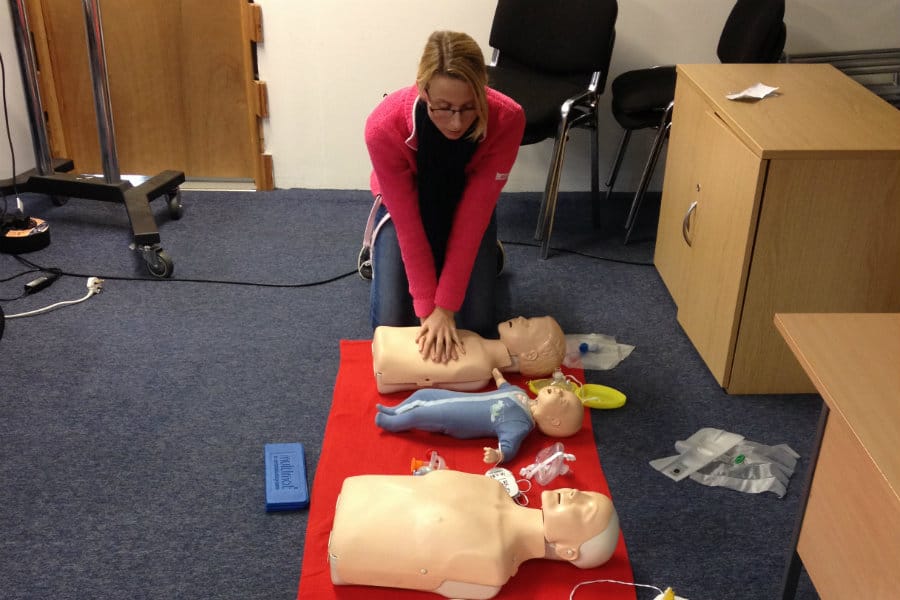In this article, you will learn the top 5 sea survival skills that every survivalist should know. These skills will help you weather the storm, keep warm at night, trap food, and more. The best part? They are easy to learn and practice – you don’t need special equipment or advanced training to get started. Check out the list of top 5 must-have sea survival skills and let us know which one is your favorite!
Know your limitations before making decisions
When you get into the realm of sea survival, you need to remember that you are in a different world from the one you are used to. You are often on land and when disaster strikes you will most likely be in a lifeboat, not a motor boat. You need to be aware of your limitations when it comes to the sea, in particular when it comes to the water temperature. You need to figure out how to best deal with cold water and how to stay warm in cold water. If you are not aware of your limitations, the cold could send you into shock and you could end up in the hospital.

Be able to follow a plan
A lot of people make the mistake of just wandering off and trying to get in the water. This is a big no-no and could cause you to lose your life. If you are out at sea, there is no way around it – you will get in the water and have to swim or wade through the waves to reach the shore. People have died because they have tried to go it alone and got themselves in trouble. You need to go with a group and learn how to swim with the fish.
Keep yourself and other people safe

You need to be aware of your surroundings at all times while out at sea. This is best done with a combination of sound and light sensors. Always wear a safety belt when you drive a car, walk in the street or sit in a plane. Put your safety first and follow these simple rules – always keep your eyes on the ground below you and your hands on the steering wheel. When you are driving, have your eyes on the road and your hands on the wheel. Put your coat on when you are outside, not inside. Put your phone away from consulates, embassies, and other sensitive places.
Shovel out when necessary
One of the most important sea survival skills is the ability to Shovel Out. With a Shovel Out, you can dig a survival shelter as large as you want and then some. This could be as large as a bunker or as small as a cupboard. You can take it in any shape you like and its purpose is to keep you and your family safe from both weather and water damage. Once you have built your shelter, you need to shovel out as much of the space as possible as soon as possible. This will help you to keep warm and prevent your home from being flooded by water.
Swim – both open water and depths you haven’t explored
If you plan on staying on land for a while, you will likely want to go exploring once in a while. This is a good thing to do, but make sure you are prepared. A basic rule of thumb is to swim at your own pace and depth. If you are not comfortable going a certain distance, or you don’t know how deep water is, you shouldn’t go. If you plan on going in search of food, either wild or farm-to-table, you will likely want to swim near the beach. The ocean is a lot different, though. It is often very cold, has many rarely deep water pockets and nothing grows near the water’s edge. The cold ocean water is often unsafe to swim in, so you will want to choose your swimming spots carefully.
Learn basic first-aid skills

You need to be able to patch up a wound quickly and correctly. You need to be able to calm a person down when they are upset, and you need to be able to perform CPR if a person is drowning. Practicing these skills will help you when faced with emergency situations and will make you a lot less panicky. You also need to learn how to tie various knots and use basic tools like a canister airway or a butterfly Bandage.
Conclusion
The top 5 sea survival skills are important for anyone who wants to survive a crisis. They will help you stay warm at night, trap food, keep you safe from predators, and more. These skills will also help you to adapt better to changing weather conditions and to live longer with fewer disabilities! As you can see from the list, there are many different ways to go about learning these skills. You can study in a classroom, take courses online or even pick up a book and start learning. Some books are good for both beginners and advanced users. There is no perfect way to learn these skills and everyone’s experience is different. You just need to make sure you are doing everything you can to stay safe and warm!
